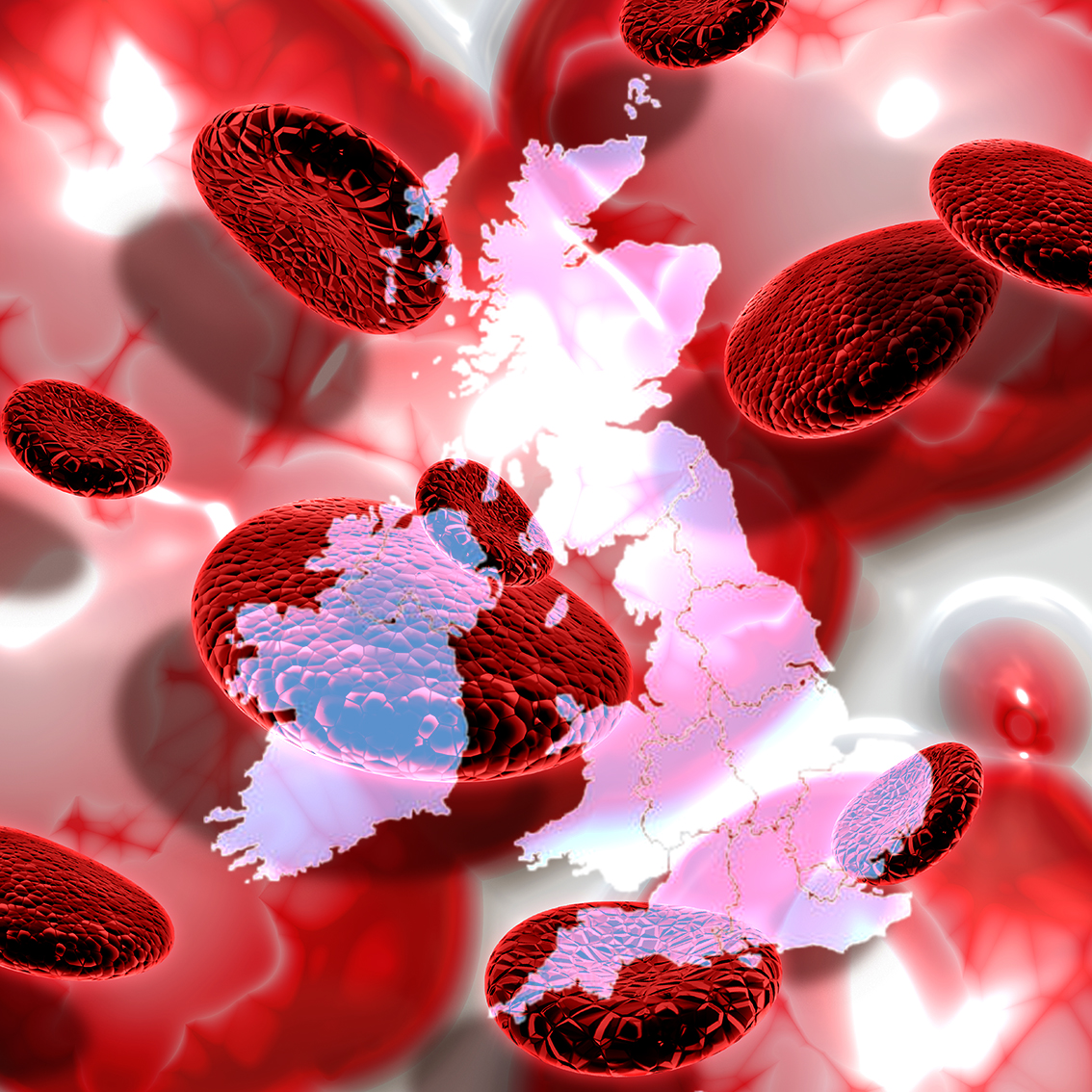Occult hepatitis B (HBV) infection (OBI), characterized by low viral loads, accounts for much of the risk of HBV transfusion‐transmitted infection. With anticore antibodies (anti‐HBc) screening introduced in England, the imperative to identify OBI donors has increased. We aimed to develop an ultra‐sensitive PCR system and investigate risk factors for HBV DNA presence in blood donations. Seven extraction methods and three PCR assays were compared. The optimal system was sought to determine HBV DNA presence in anti‐HBc‐ positive donations. Predictors of DNA positivity were subsequently investi- gated. Extraction from 5mL of plasma increased sample representation and resulted in HBV DNA detection in low viral load samples (~0.5IU/mL). Screening of 487 763 donations in 2022 identified two OBI donors and 2042 anti‐HBc‐positive donors, 412 of the latter with anti‐HBs < 100 mIU/mL. Testing of 134 anti‐HBc‐positive donations utilizing the 5 mL extraction method identified two further HBV DNA‐positive donations. Higher anti‐HBc titer and anti‐HBs negativity were significant predictors of DNA detectability in anti‐ HBc‐positive donations. An ultrasensitive PCR assay identified potentially infectious donations increasing HBV DNA detection in anti‐HBc‐positive donors from 0.5% to 1.9%. Anti‐HBc titers may further complement the risk stratification for DNA positivity in anti‐HBc screening and minimize unnecessary donor deferral.
Michael X.Fu et al.J Med Virol 2023, 95: e29144.



